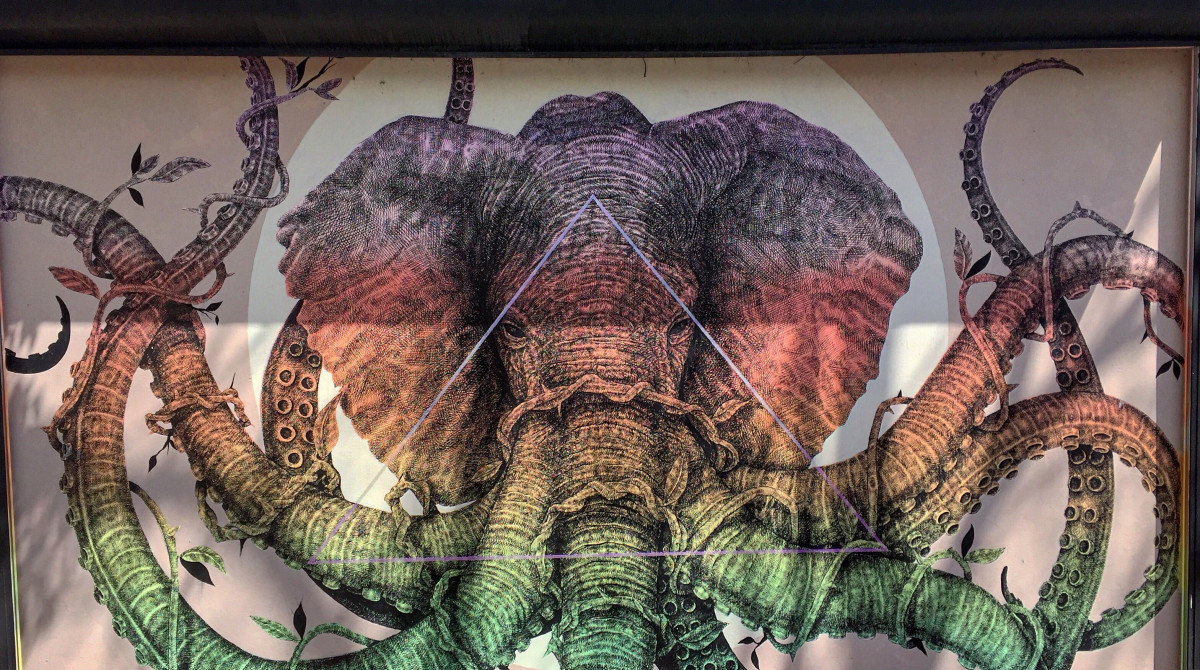If academics and practitioners wish to deal with socially relevant and complex problems and progress transformation in terms of sustainable development, they must work together. We need suitable formats and methods for this transdisciplinary approach. Under this topic line we explore new formats, the contexts in which they are used, and how they can each be adapted. One of our aims is to introduce a system that will make it easier to select suitable formats and newly tailored methods.
Finding the Most Appropriate Combination of Format and Methods
Transdisciplinary approaches are perfectly suited to dealing with complex societal problems. Transdisciplinary research has found its way into many thematic areas and spheres of activity. This may also, however, give rise to a variety of approaches. Transdisciplinary formats ought to fundamentally ensure that practitioners are involved early on, collaboratively, and throughout the entire research process. In this way, practitioners can contribute to successful treatment of the problem and improved approaches to solutions. Academics involved in transdisciplinary processes frequently see themselves confronted with different roles at the same time: they mediate between academia and practice, initiate and coordinate the research, and are often also responsible for reflection and evaluation. Various methods can support them in fulfilling these roles. These methods need to be combined in meaningful ways and embedded in a format that encompasses the entire research process. This is the only way to shape transdisciplinary research collaboratively and ensure it is effective in the specific context, e.g. supporting sustainability transformations. The terms “formats” and “methods” are used within numerous concepts and toolboxes. This makes it difficult for academics to decide which format is suitable in which context or which combination of methods is the most appropriate. This is where the Oeko-Insititut and its research come in.
Systematising and Developing New Formats
We compile knowledge into new formats and systematise these in four steps: First of all, we sort the literature (methodological manuals, recent relevant specialist literature, as well as research and evaluation reports according to the snowball principle). Secondly, we identify categories in order to systematise new formats. These include, for example, the methods integrated into the format, the intensity of participation and the level of interaction with practitioners. Also relevant here is which phases of the transdisciplinary research process the format encompasses, how it is justified and in what spheres of activity it is used. Thirdly, we conduct guided interviews on the individual new formats we have identified in order to understand and categorise them better. Finally, we draw all these findings together and develop them into a dialogue with the academic community and practitioners.
Knowledge, Dialogue, Further Development
In the tdAcademy we explicitly believe in the knowledge and experiences of the academic community and practitioners, as well as in dialogue with them. This is why we facilitate three forums for dialogue: in two of these workshops we look purposefully at aspects that are of particular relevance to the topic area. On the one hand we focus on the incorporation of practitioners, and on the other on the variety of livings labs. In a further dialogue forum we broaden the thematic focus to include new formats and the contexts in which they are applied. We then take the results we have developed on this basis and present them for discussion in up to three reflection workshops. Our aim here is to work together with the relevant specialist communities and practitioners to deepen and validate our findings. The focus is on questions such as: Is the systematisation of new formats and methods conclusive? Is it helpful in choosing formats and methods in specific application contexts? What challenges are the different users confronted by? Which other formats should be considered?
Combining Knowledge and Experience
In addition, we invite academics who are already working on new formats, e.g. living labs, to join our Guest and Fellowship Programme. In this way, we bring together knowledge bases and jointly develop them further. One of our fellowship holders is working explicitly on living labs. First of all, we are working together to analyse the variety of living labs. Out of this we develop a typology that refines the format and improves its applicability in different spheres of activity. We will mediate these and any further findings on formats and methods to next-generation academics in a summer school jointly organised by the Oeko-Institut and the University of Freiburg.

